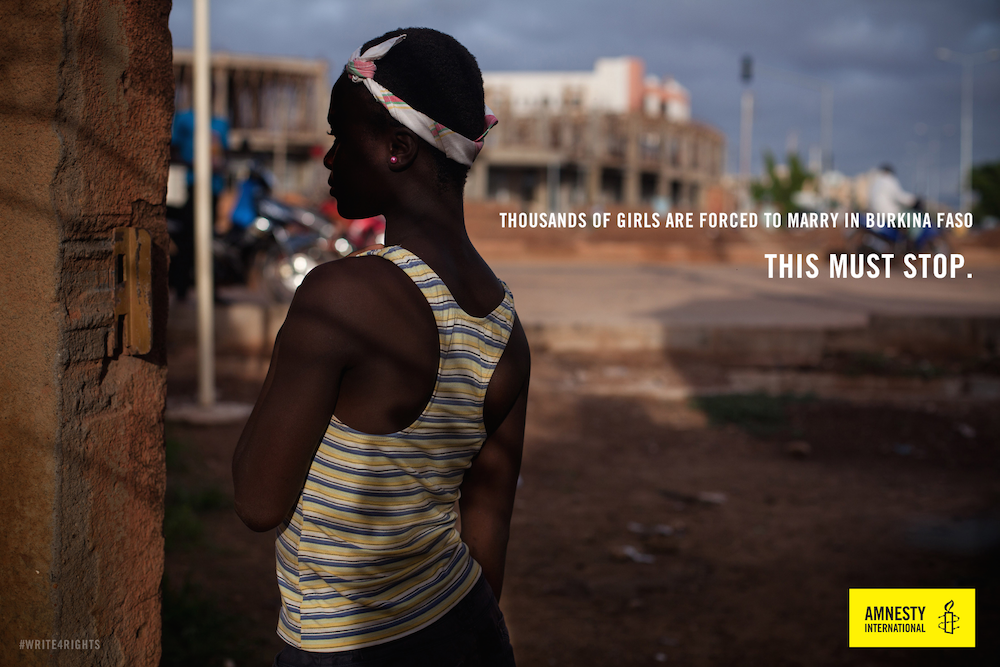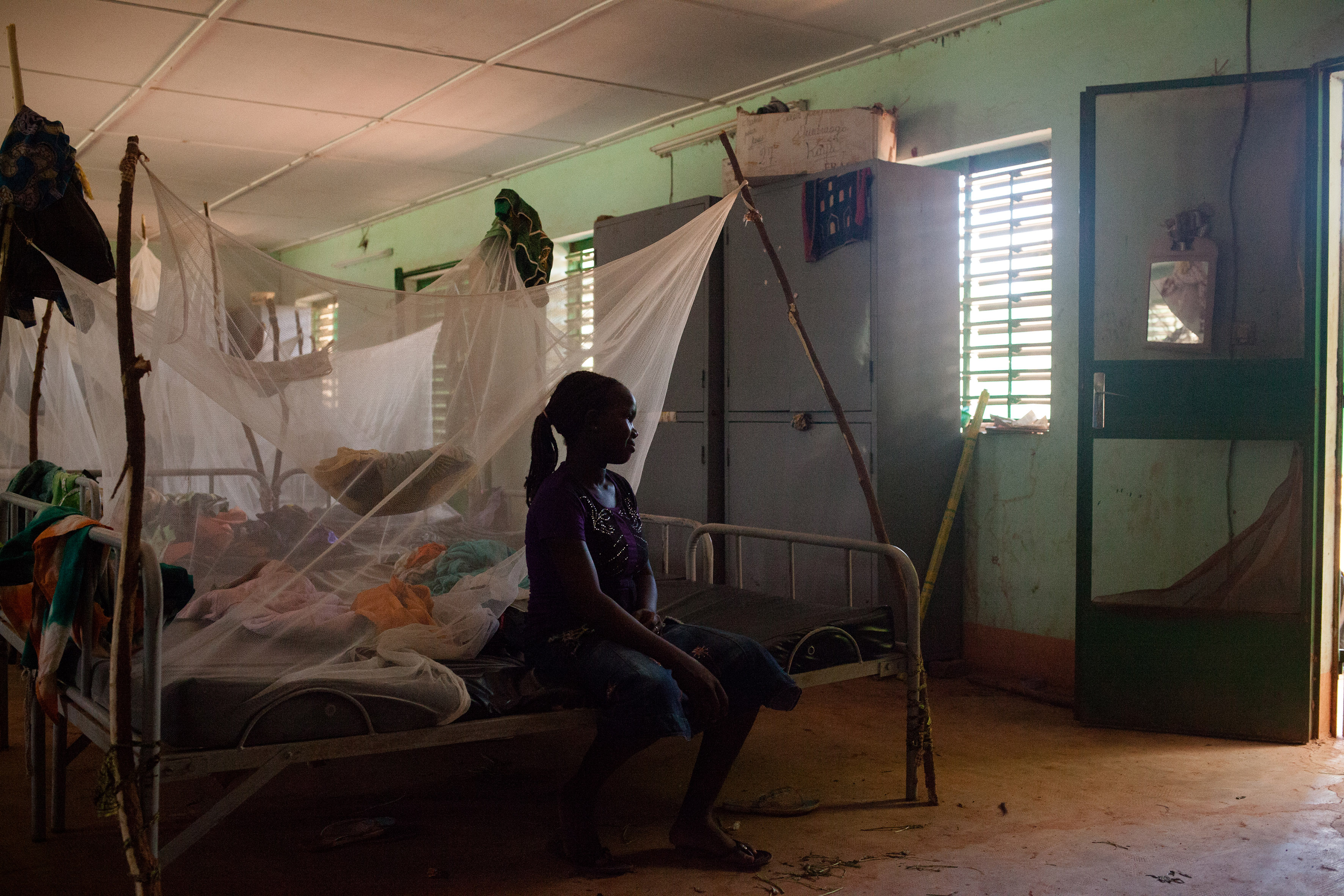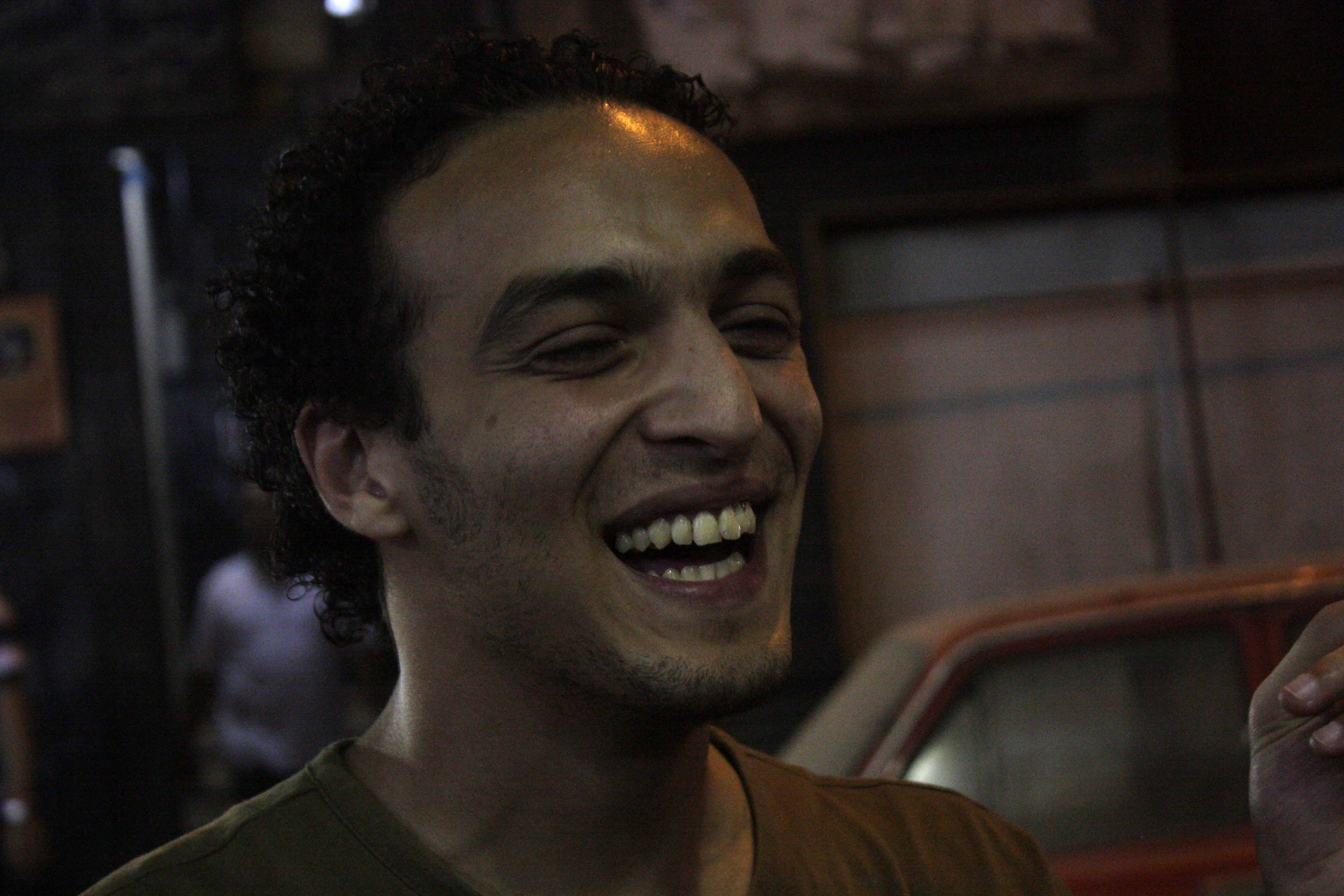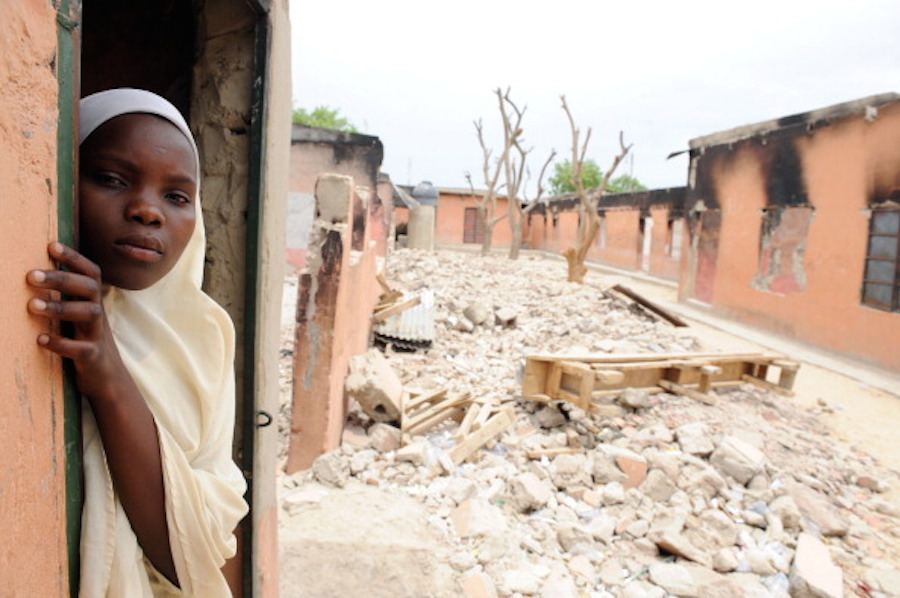
A student stands in a burnt classroom burnt by the Islamist group Boko Haram to keep children away from school in Maiduguri, northeastern Nigeria, May 12, 2012. (PIUS UTOMI EKPEI/AFP/GettyImages)
Last week’s announcement that the US plans to deploy military advisors to assist the Nigerian government fight Boko Haram and is considering restarting the training of an infantry battalion, despite the lack of investigation by Nigerian authorities in to possible war crimes and possible crimes against humanity by the Nigerian military should raise alarm bells. In the absence of concrete action to investigate possible atrocities the Obama administration risks giving its seal of approval to impunity. SEE THE REST OF THIS POST
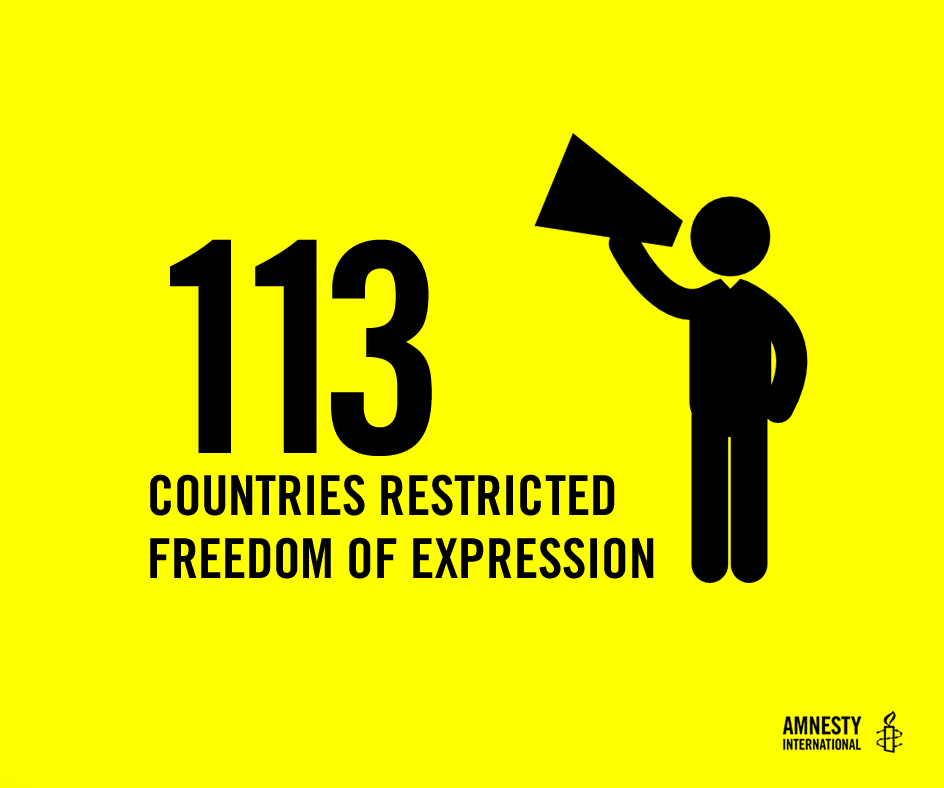
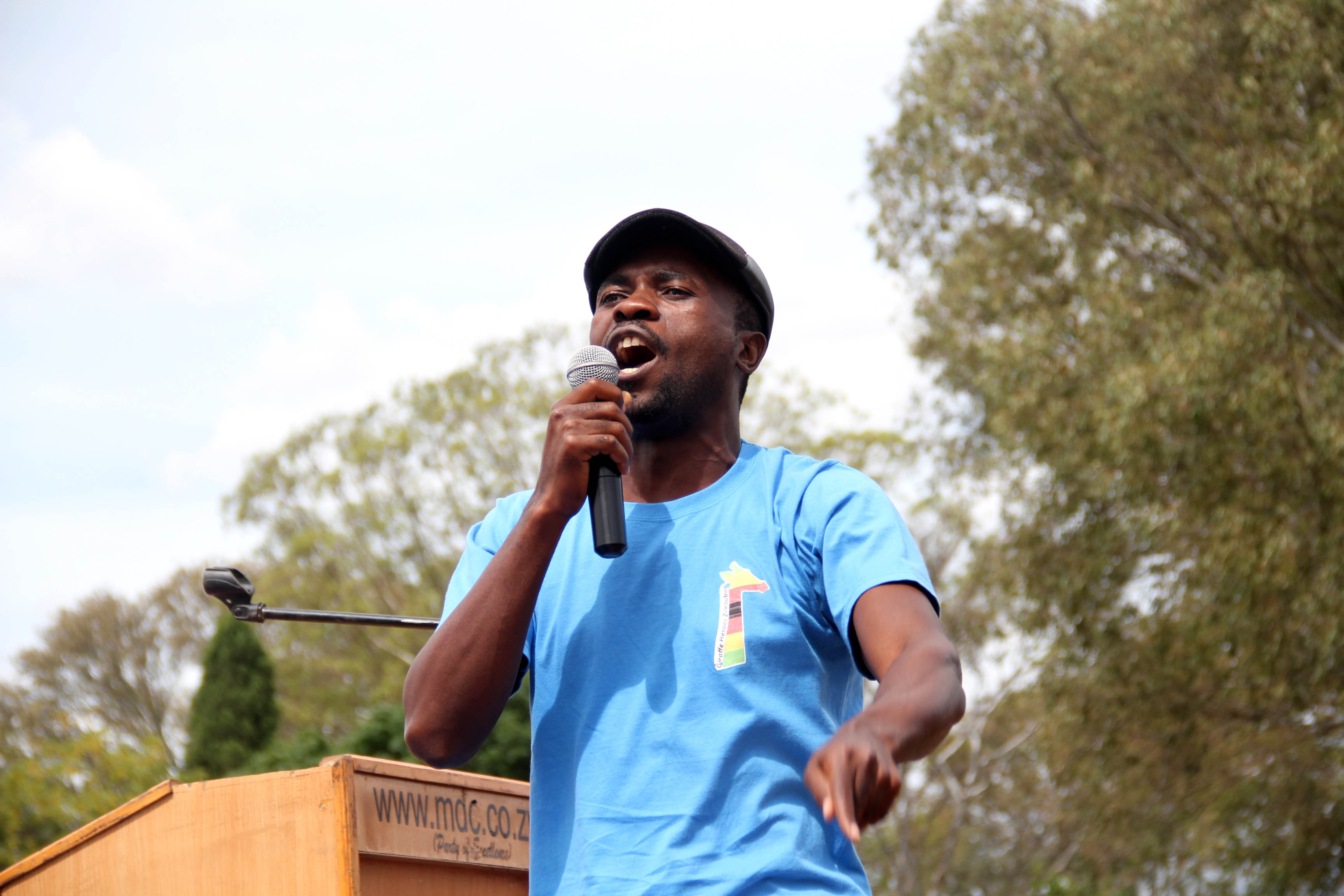
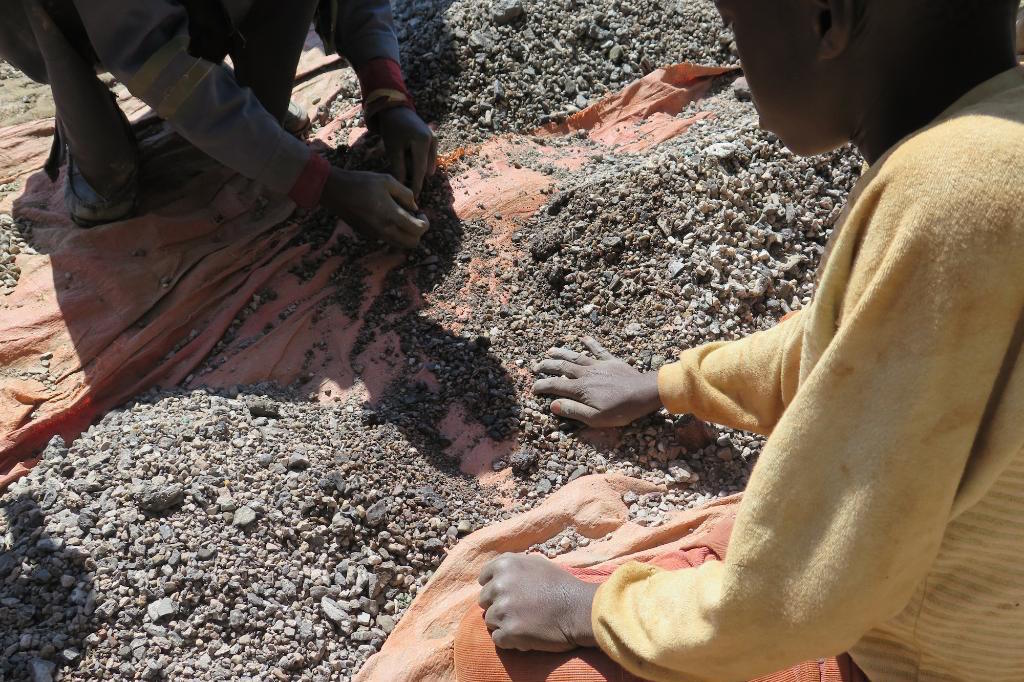
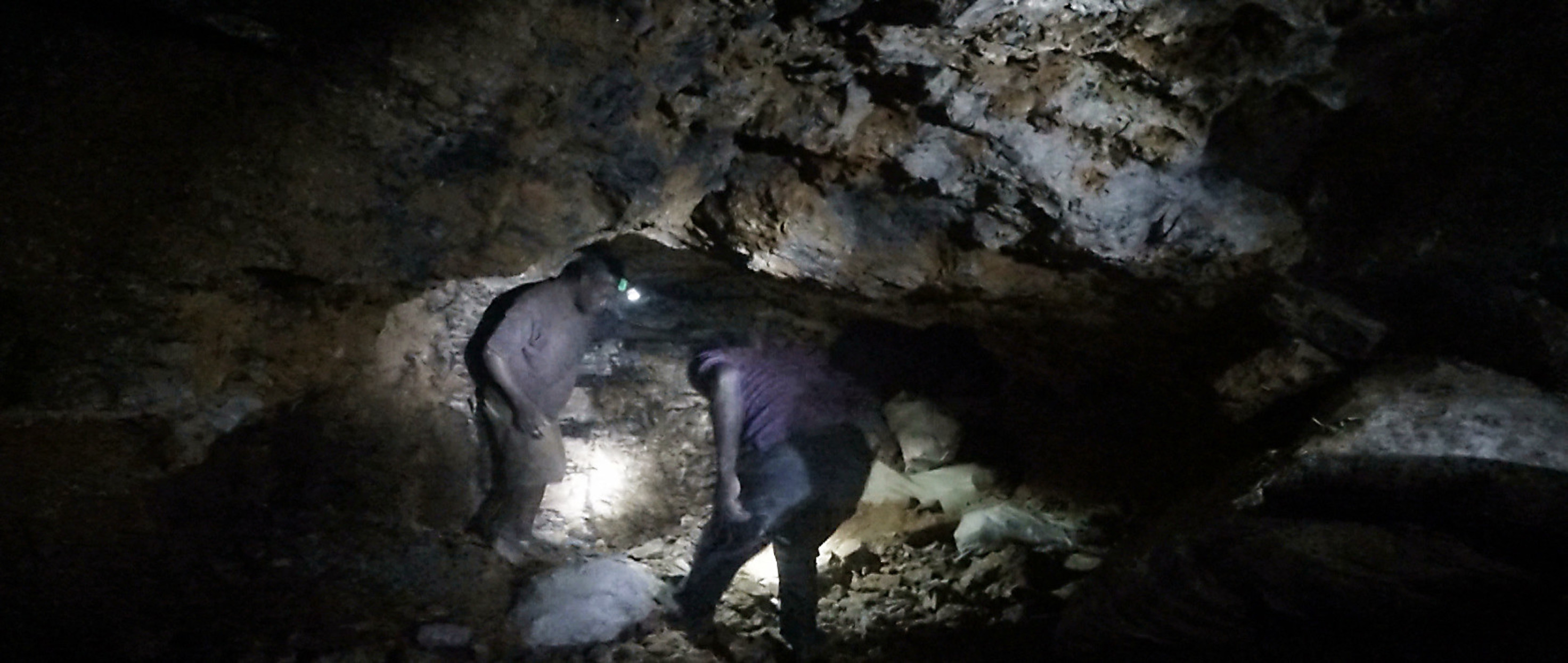
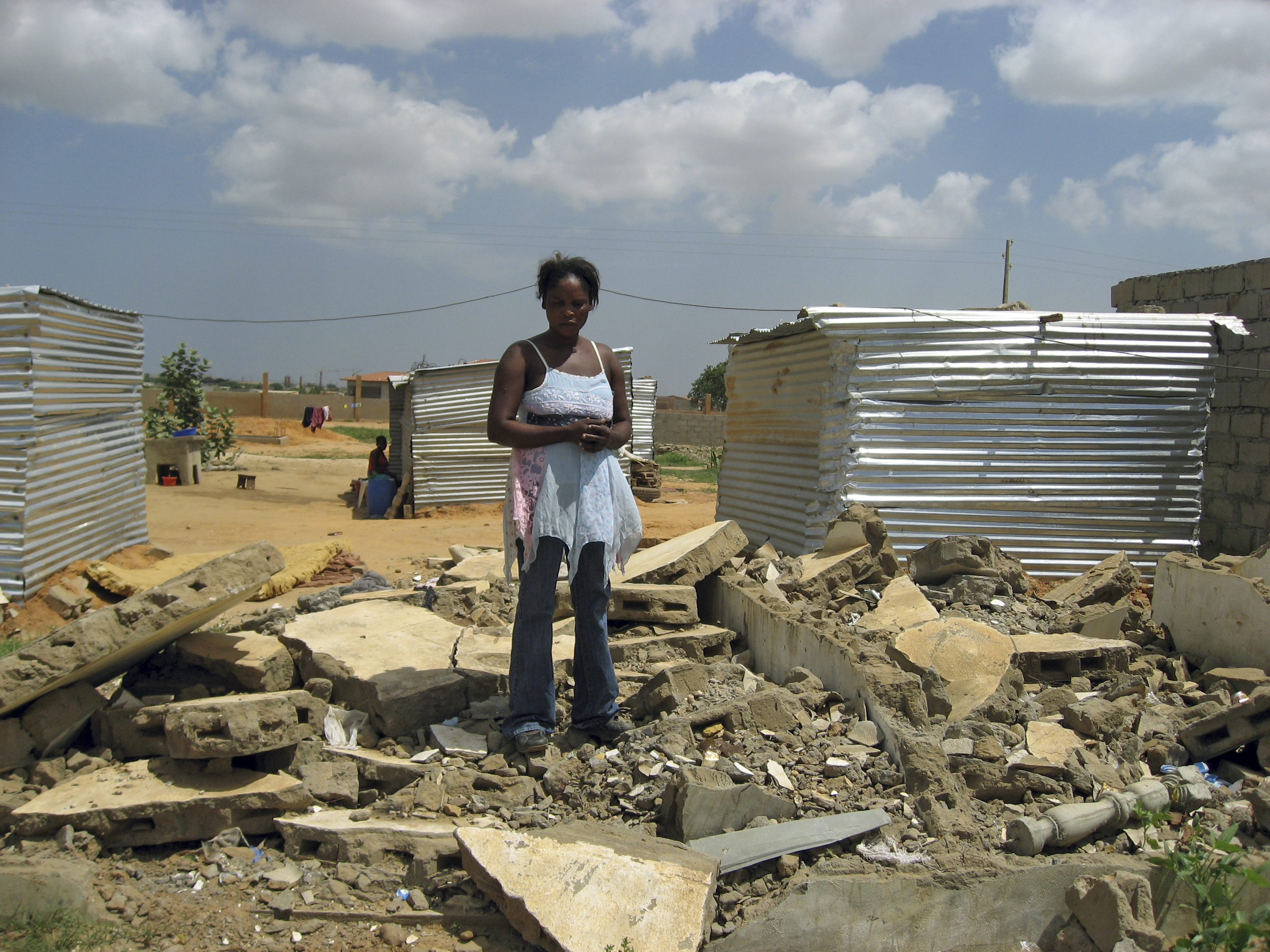
![IMG_2215[1]](https://blog.amnestyusa.org/wp-content/uploads/2015/12/IMG_22151.jpg)
